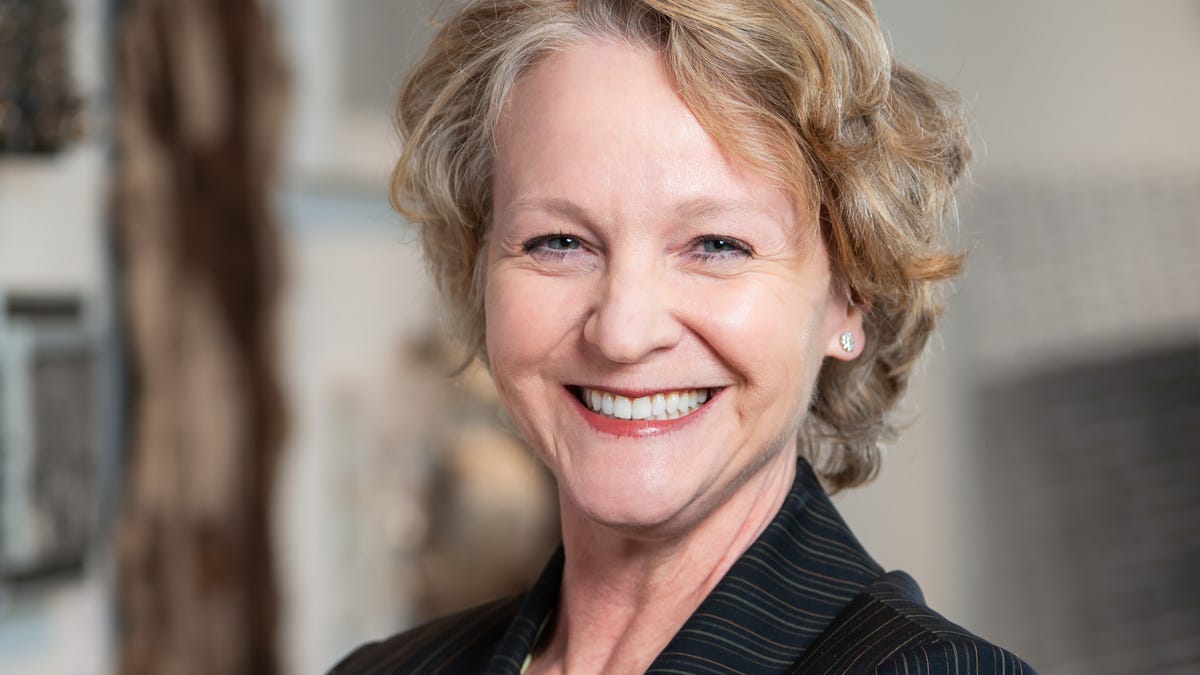
As the State House debates the fiscal 2026 state budget this week, Massachusetts residents are talking with legislators about the importance of arts and culture. Yet this usual advocacy feels different this year. Given current challenges, some might ask whether the arts are an unnecessary luxury.
The arts are especially crucial in times like these. But first, some data.
The arts are big business. Arts and culture form a $28.6 billion industry in Massachusetts, 4.13% of the state’s GDP, and represent 133,773 employees: 3% of our workforce. Arts workers and artists are all around you: 9,902 of them in Worcester County alone.
That number doesn’t include workers receiving a 1099, artists who earn more income through their “day jobs,” or those whose organizations don’t file taxes, so we know this is an undercount. All the same, those we can count statewide earn a total compensation of — and pay state taxes on — nearly $1 billion a year.
Arts and culture in the commonwealth are a bigger sector than both transportation and construction. And it is solid. Arts organizations do not depend on free trade, cannot be replaced by AI and are homegrown and community-based, from the largest to the smallest.
The arts generate economic activity beyond tickets, admissions and purchases. The average attendee at an arts event spends another $30 on dining, drinks, souvenirs and transportation (not accounting for cash tips or child care). All that spending supports local businesses, builds foot traffic and increases tax revenue.
The arts build our cities. Worcester’s downtown revival began with The Hanover Theatre. ArtsWorcester’s relocation to Portland Street, the opening of the Jean McDonough Arts Center, the Worcester Public Library, festivals on the Common — we bring people to the city, fill restaurants and cafés, encourage people to live downtown and build civic pride.
So what do legislators have to do with this? Because the Mass Cultural Council makes so much of this possible, and your legislators determine its allocation in the state budget.
Let’s start with buildings. In partnership with MassDevelopment, the Mass Cultural Council provides Cultural Facilities Fund grants to arts and culture organizations to plan, renovate and construct. These projects create work for the trades, ensure accessibility to the arts, make buildings environmentally sustainable and, again, build our towns and cities. The Hanover Theatre, ArtsWorcester’s galleries, Joy of Music’s concert hall — all of these were built in part by the Cultural Facilities Fund.
Day-to-day operations of arts organizations receive crucial support from the Mass Cultural Council. If you take an out-of-town guest to experience arts or culture here — the Worcester Art Museum, Music Worcester, the Museum of Worcester — chances are that your visit has been supported by that state agency.
The Mass Cultural Council also provides dollars for local distribution, funding the 329 local cultural councils on which volunteers distribute agency money to smaller projects, according to local priorities. Casita Cultural Latina’s Day of the Dead Festival, readings at the Poet’s Cauldron, ArtsWorcester’s College Show, Worcester Chamber Music Society’s free family concerts, and so much more — all supported by the Worcester Arts Council allocating Mass Cultural Council funds.
But wait! That’s not all. The Mass Cultural Council funds K-12 projects in schools, easing the burden on PTOs; supports cultural districts in attracting new businesses; and funds public art and creative youth development. And it’s not just schools and nonprofits — the agency grants artists prestigious annual fellowships (36 of them in Central Massachusetts alone this year).
The arts build strong communities. It begins at an early age: Nothing gets families into a school building on a weeknight like a performance. For adults, it might be Art In The Park, a Music Worcester concert, an opening at Worcester State University’s Dolphin Gallery, WICN’s jazz concerts, the Worcester Caribbean American Carnival or a play at the BrickBox.
Whatever draws you, whatever the art form, when you are there, you are in community with others. Together, you listen, admire, laugh, stand back so someone else can take a photograph, get up and dance. With art, we share the same experience, in the same place, at the same time. Art builds the social fabric that makes unity, and strength, possible.
If any of this matters to you, I ask you to take a moment this week and remind your state legislators that arts and culture make this commonwealth great. Please call or email their offices, telling them that you support an allocation of $28 million for the Mass Cultural Council in the fiscal 2026 state budget.
More than ever, we need freedom of expression, creative thought and practices, and ways to come together as a community. The arts give us all that, and so much more.
Juliet Feibel is executive director of ArtsWorcester
